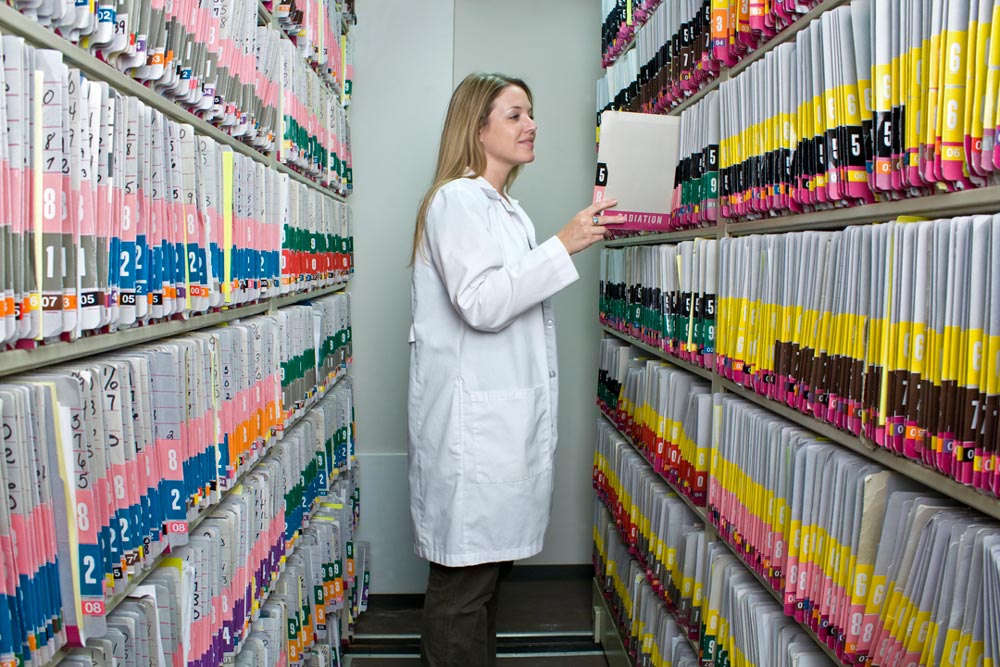Unlock your Healthcare Career: the ultimate Guide to Certification in Medical Coding
Embarking on a career in healthcare offers numerous rewards-stability, meaningful work, and opportunities for growth.Among the various paths available,**medical coding** stands out as a essential role that keeps the healthcare system running smoothly. If you’re considering this career, obtaining the right certification is your key to success. This comprehensive guide will walk you through everything you need to know about certification in medical coding, how it can advance your career, and practical tips to help you get started.
Why Choose a Career in medical Coding?
Medical coding is a vital component of the healthcare industry. Coders convert healthcare providers’ diagnoses, procedures, and services into universally recognized codes used for billing, insurance, and medical records. Here’s why a career in medical coding is an excellent choice:
- High Demand: Increasing healthcare needs ensure plenty of job opportunities.
- Versatility: Many roles offer remote work options.
- Lucrative Salary: Competitive pay, with potential for raises and promotions.
- Career Advancement: Certification opens doors to senior positions like coding supervisor or compliance officer.
- Impactful Work: Contributing to accurate medical documentation improves patient care and billing accuracy.
Understanding Medical Coding Certifications
Certification in medical coding not only validates your skills but also boosts your credibility in the job market. Several organizations offer recognized credentials tailored to different expertise levels and specialties. The most prominent certifications include:
1. Certified Professional Coder (CPC)
Offered by the AAPC (American Academy of Professional Coders), the CPC is widely recognized and ideal for beginners aiming to start a medical coding career.
2. Certified Coding Specialist (CCS)
Provided by the american Health Information Management Association (AHIMA), the CCS is suitable for clinical professionals seeking advanced roles in hospital settings.
3. certified Outpatient Coder (COC)
This certification focuses on outpatient services coding, providing specialization for those working primarily in clinics and outpatient facilities.
Steps to Get Certified in Medical Coding
Achieving certification involves a clear pathway. Here’s an actionable step-by-step guide:
- Research and Choose a certification: Determine which certification aligns with your career goals and current skill level.
- Meet Eligibility Requirements: Usually, a high school diploma or equivalent, along with some coursework in medical terminology and anatomy, is necessary.
- Enroll in a Recognized Training Program: Look for online or in-person courses accredited by AAPC or AHIMA.
- Prepare for the Exam: Utilize study guides, practice exams, and online resources tailored to your certification.
- Schedule and Pass the Certification Exam: Once prepared, register for the exam through the certification provider.
- Maintain certification: Participate in continuing education credits to keep your certification active and stay current with coding standards.
Practical Tips for Success in Medical Coding Certification
- Invest in Quality Training: choose reputable courses that offer comprehensive content and exam prep.
- Practice Regularly: Take practice tests and review coding scenarios to build confidence.
- Understand Medical Terminology and Anatomy: solid foundational knowledge simplifies coding procedures.
- Join Professional Associations: Engage with organizations like AAPC or AHIMA for mentorship, networking, and continuing education.
- Stay Current with Coding Guidelines: Medical coding standards evolve, so ongoing education is crucial.
Benefits of Becoming a certified Medical Coder
Certification offers numerous advantages that can significantly influence your career trajectory:
| Benefit | Description |
|---|---|
| Higher Earning Potential | Certified coders typically earn more than non-certified counterparts. |
| Employment Certainty | Certification increases employability and job stability. |
| Professional Credibility | Gaining recognition in the healthcare industry as a qualified expert. |
| Career Growth Opportunities | Access to supervisory roles, specialized coding fields, and management positions. |
Real-Life Success Stories: case Studies
Case Study 1: From novice to Certified Coding Specialist
Jane Doe, a former administrative assistant, decided to pivot her career into healthcare. After completing an online medical coding course and passing the CPC exam,she secured a remote coding position within six months. Her certification boosted her confidence and salary, leading to promotion within her institution after a year.
Case Study 2: Remote Work Success
John Smith, living in a rural area, wanted a flexible healthcare job. By earning the AHIMA CCS credential, he transitioned into outpatient coding, working remotely for a nationwide hospital network. His certification allowed him to work from home, providing a better work-life balance and financial stability.
additional Resources and Support
- AAPC Official Website – Certification programs, study guides, and exam registration.
- AHIMA Official Website – Certification details and updated coding guidelines.
- Online forums, webinars, and local study groups to prepare effectively and connect with peers.
Conclusion
Getting certified in medical coding is an empowering step toward unlocking a thriving healthcare career. Not only does certification validate your skills, but it also enhances your job prospects, earning potential, and professional development. Whether you’re starting fresh or seeking to advance in your current role,understanding the certification process and embracing continuous learning are crucial. Take action today-invest in your future, and watch your healthcare career soar!
Remember, the journey to becoming a certified medical coder is a rewarding process that opens doors to meaningful work and growth in the dynamic healthcare industry. embrace the learning curve, stay committed, and unlock the full potential of your healthcare career.



